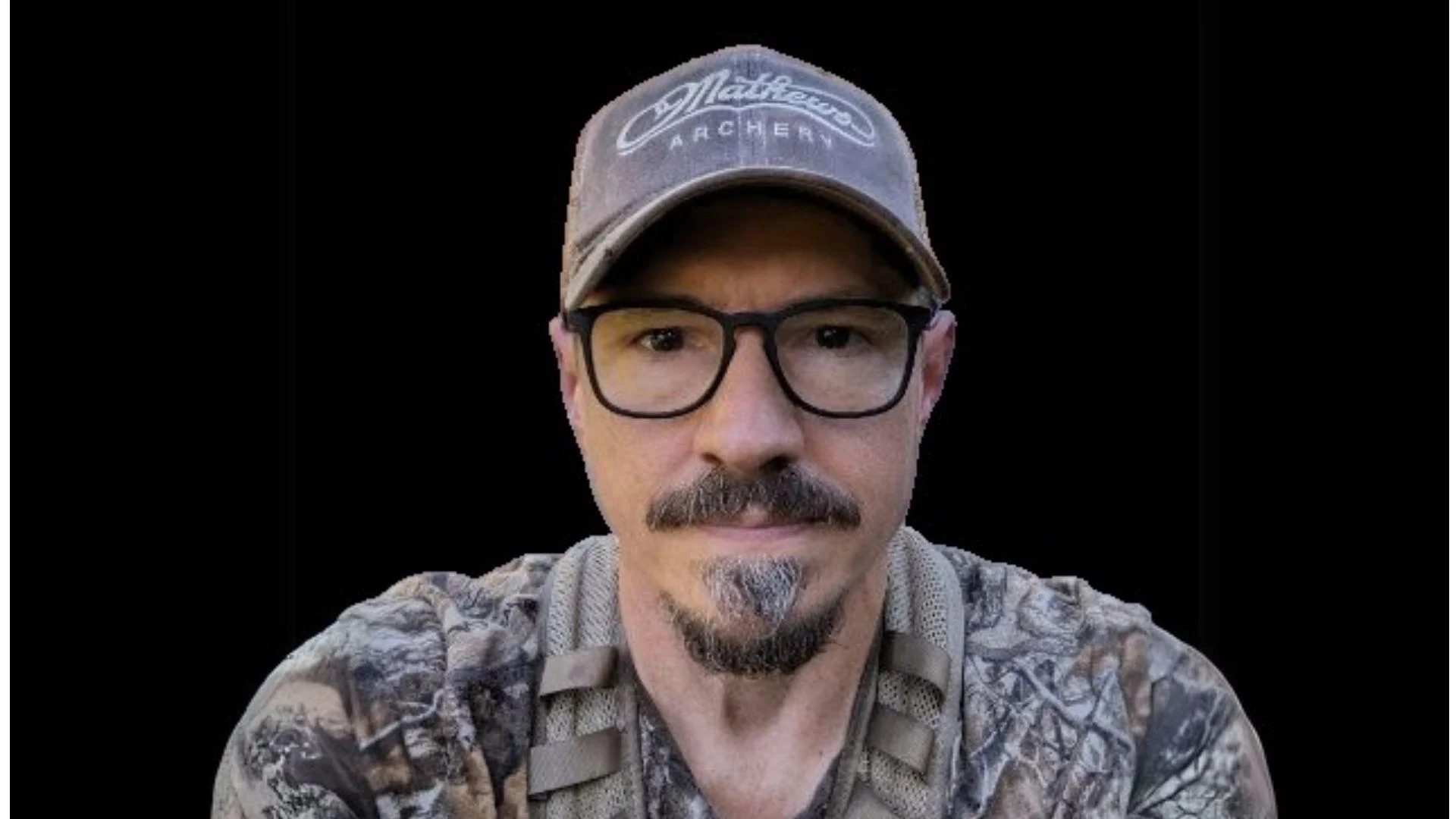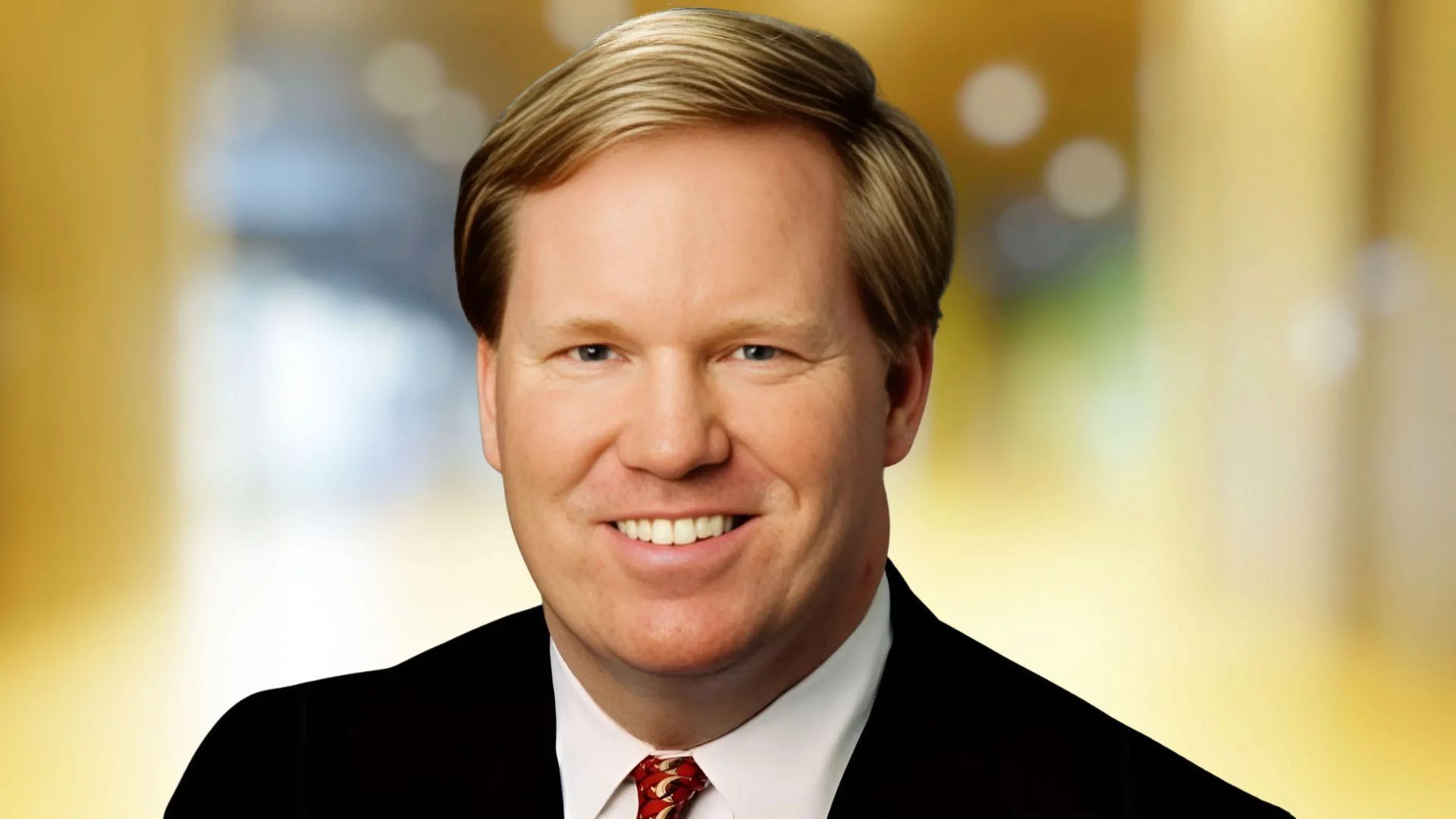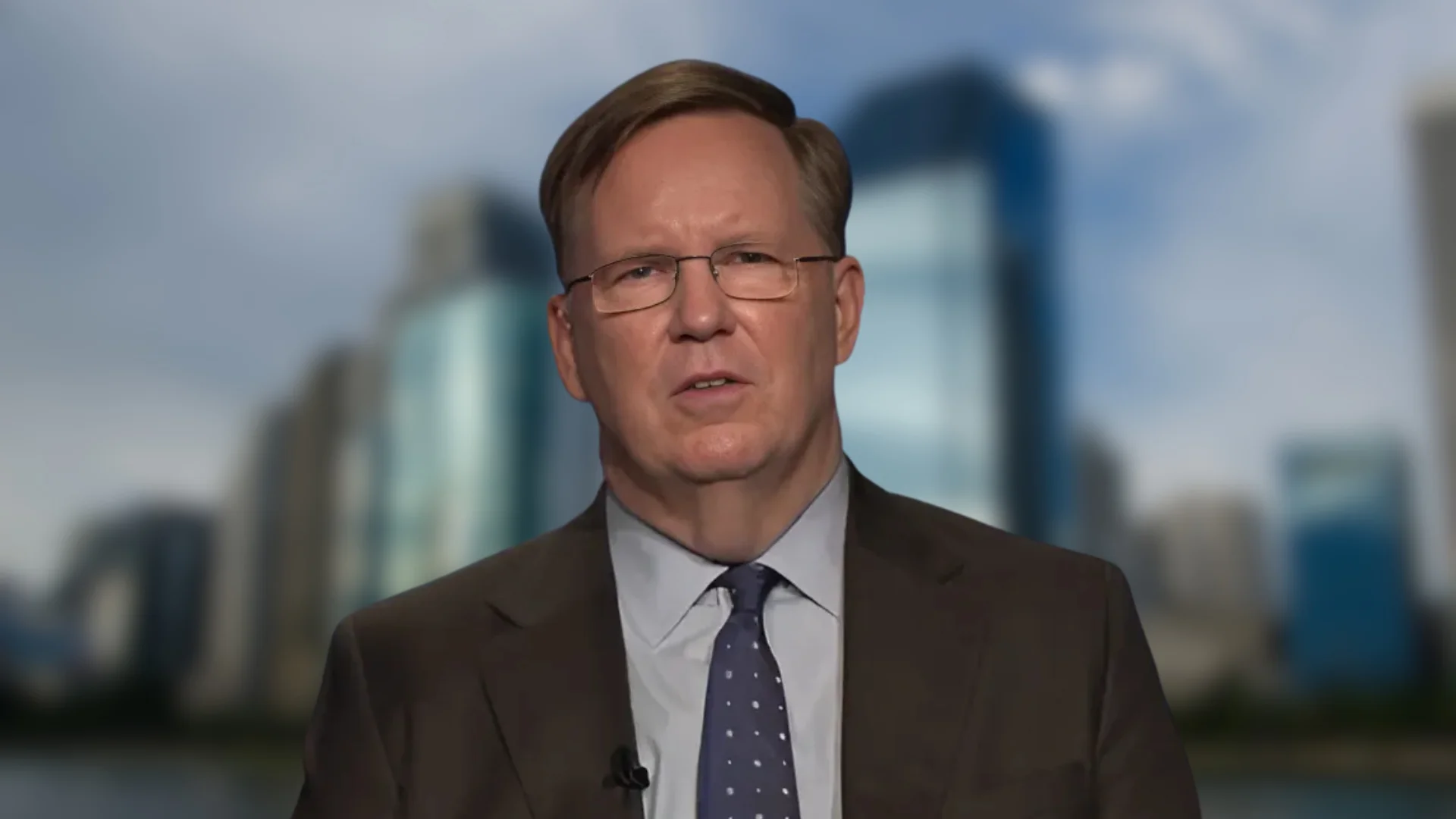
Ken Smith, Homeowners' insurance executive | x.com
Ken Smith, a homeowners' insurance executive, said that California's regulatory restrictions intended to protect homeowners in wildfire-prone areas have prompted insurers to withdraw from the market, exacerbating issues with insurance availability. He made this statement on X.
"The CA Department of Insurance was concerned that people in high-risk fire areas wouldn't be able to find insurance," said Smith. "They made a rule that insurance companies were no longer allowed to cancel policies in any high risk area. More-or-less every insurance company immediately stopped writing new business in those areas."
According to Bankrate, several major insurance companies have recently reduced their presence or exited California's home insurance market due to increasing wildfire risks and regulatory challenges. State Farm, the state's largest home insurer, ceased accepting new applications for property insurance in May 2023. The company cited "historic increases in construction costs outpacing inflation, rapidly growing catastrophe exposure, and a challenging reinsurance market" as reasons for its decision. Allstate also halted new homeowners' insurance policies in the state. Other insurers such as Farmers Insurance, USAA (United Services Automobile Association), Travelers, Nationwide, and Chubb have similarly limited new homeowners' policies in California, raising concerns about the stability of the state's home insurance market.
Reuters reports that these substantial losses have prompted the state to impose a $1 billion levy on private insurers to support the California FAIR Plan, the state's insurer of last resort. Insurers are permitted to recoup half of this cost from policyholders through a one-time surcharge, a move that has sparked legal challenges from consumer advocacy groups. This situation highlights the complex financial dynamics and regulatory challenges facing California's insurance market amid increasing wildfire risks.
Smith is also known as a writer and lay theologian based in Woodinville, Washington. He is recognized for his blog Would-Be Theologian where he explores intersections of theology, culture, and politics. Active on social media since 2009, he describes himself as "perpetuating the patriarchy since 2007," according to his X profile.






 Alerts Sign-up
Alerts Sign-up